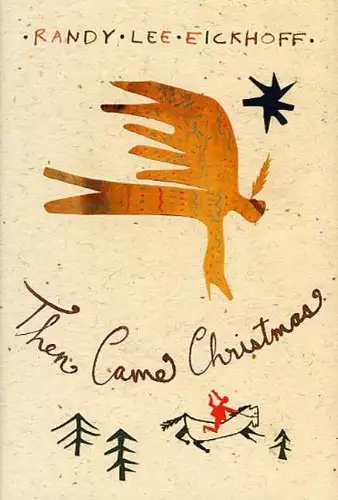Then Came Christmas
We hope you are enjoying the book so far. To continue reading...
Then Came Christmas
Randy Lee Eickhoff
Copyright © 2026 All Rights Reserved
Close
